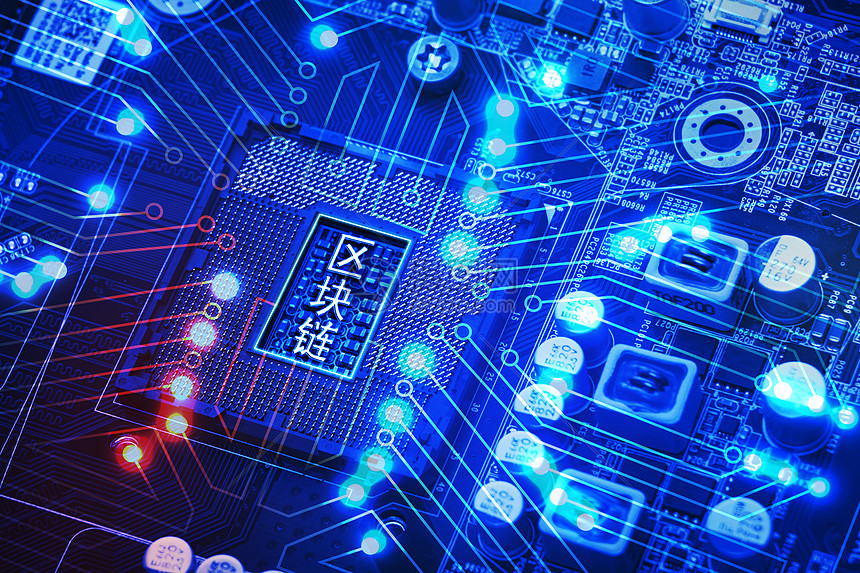创新背景
公共事业管理在人力、资源配置之外,需要不断完善管理机制,信息的时效性、流程监管和进度改善都是不可或缺的,建立更加高效的管理机制可以提高效率并促进公共事业均衡发展。
创新过程
区块链、物联网和人工智能时数字化发展的优秀成果,也时推动下一轮数字化转型发展的关键技术。数字化立足于已有技术的互融、连接和结合,可以源源不断地将这些新兴技术反复利用,产生创新效果。2020年9月11日欧盟区块链观察站和论坛发表了报告《区块链、人工智能与物联网的相互融合》,洞察了区块链、物联网和人工智能等技术逐渐融合的趋势。

物联网连接各种信息,保证信息的共享交互,有效促进业务流程的可用度和自动化采集识别。区块链采用分布式账本(DLT)来存储业务流程资产信息,它像一个寄存器一样存储各类型的资产,提供共享且分散的分布式账本,保证并提高业务流程的安全性、透明度、数据保护和信任度。人工智能筛选大量数据进行程序运算后给出决策,把数据和流程最大限度地高效利用并输出结果。三者综合利用将最大限度地释放利用价值并提高使用对象的运行效率。

公共事业管理涉及到社会保障体系和国家经济发展及分配问题,其发展需要公共事业组织适应环境变化并随着条件转变实施的健全公共事业管理体系,改善公共事业管理活动方式,建立合理机制以提高效率。管理学本来就是综合性交叉学科,其中蕴含数学、社会科学、技术科学、新兴科学等不同领域的学科。将“区块链+物联网+人工智能”的技术融合运用到公共事业管理,是学科交叉的再次创新发展,也是新兴技术本身融合联系的再次创新。

三者结合可以形成完整的业务流程体系:物联网搜集提供数据,形成不同需求的交互;区块链存储基础设施信息并指定合作契约规则;人工智能根据二者提供的结果决策流程和规则,并进行只能监控。三者互相补充弥合,技术综合发挥最大的作用并促进公共事业管理资源的准确分配。
创新关键点
“物联网+区块链+人工智能”组成新兴技术融合,学科再度交叉创新促进公共事业管理发展和数字化发展。
创新价值
物联网、区块链和人工智能的技术综合极大地保护信息的透明、安全,保证访问者和采用者的公开透明,在提高公共事业管理效率的同时帮助完善监督问责。
Comprehensive technology improvement to improve the efficiency of public utility management
Blockchain, the Internet of Things and artificial intelligence are the outstanding achievements of digital development, and they are also the key technologies to promote the development of the next round of digital transformation. Digitization is based on the integration, connection and combination of existing technologies, and these emerging technologies can be continuously reused to produce innovative effects. On September 11, 2020, the EU Blockchain Observatory and Forum published the report "Convergence of Blockchain, AI and IoT", which provides insights into blockchain, IoT and IoT. The trend of gradual integration of technologies such as artificial intelligence.
The Internet of Things connects various information, ensures the sharing and interaction of information, and effectively promotes the availability of business processes and automatic collection and identification. Blockchain uses distributed ledger (DLT) to store business process asset information. It stores various types of assets like a register, provides a shared and decentralized distributed ledger, and ensures and improves the security, transparency, and data protection of business processes. and trust. Artificial intelligence sifts a large amount of data and performs program operations to make decisions, maximize the efficient use of data and processes, and output results. The comprehensive utilization of the three will maximize the utilization value and improve the operating efficiency of the objects used.
Public utility management involves the social security system and national economic development and distribution. Its development requires public utility organizations to adapt to environmental changes and implement a sound public utility management system as conditions change, improve public utility management activities, and establish reasonable mechanisms to improve efficiency. Management is originally a comprehensive interdisciplinary subject, which contains subjects in different fields such as mathematics, social science, technical science, and emerging science. The integration and application of the technology of "blockchain + Internet of Things + artificial intelligence" to public utility management is a re-innovation and development of interdisciplinary, and also a re-innovation of the integration and connection of emerging technologies themselves.
The combination of the three can form a complete business process system: the Internet of Things collects and provides data to form interactions with different needs; the blockchain stores infrastructure information and specifies cooperation contract rules; artificial intelligence makes decisions based on the results provided by the two processes and rules, and Can only be monitored. The three complement and bridge each other, and the integration of technology plays the biggest role and promotes the accurate allocation of public utility management resources.
The technology integration of the Internet of Things, blockchain and artificial intelligence greatly protects the transparency and security of information, ensures the openness and transparency of visitors and adopters, and helps improve supervision and accountability while improving the efficiency of public utility management.
智能推荐
公共事业管理创新思维 | 多学科交叉分析智能电网的网络安全风险
2022-08-22结合计算机、信息技术、市场分析和公共事业管理,多学科交叉分析智能电网的网络安全风险,助力新型电力生产分配模式不断完善发展。
涉及学科涉及领域研究方向管理学创新思维 | 利用高新技术主动维修基础设施,提高维修管理效率
2022-08-17利用现代数字化技术帮助精简基础设施维修措施并进行主动预防性维护,降低维修成本,提高维修效率,进而优化公共事业管理、城市管理和工程管理模式。
涉及学科涉及领域研究方向